The Dramatic Decline of Vietnam’s Property Mogul 🌟
The rise and fall of Truong My Lan, a prominent figure in Vietnam’s real estate market, epitomizes not only personal ambition but also a pivotal moment in the country’s economic landscape. Once revered in the business community, she now faces severe legal repercussions for her alleged financial misconduct, which has rocked the nation.
From Humble Beginnings to Real Estate Success 🌆
Truong My Lan’s journey began in the bustling Ben Thanh Market of Ho Chi Minh City during the late 1980s. Her family operated a modest stall selling cosmetics and hair accessories. In the aftermath of the Vietnam War, the country was reeling from financial hardships after its reunification under a communist regime.
By the 1980s, Vietnam was grappling with widespread poverty, necessitating economic reforms that led to liberalization and a gradual opening to the global market, mirroring China’s earlier transformation. During this time, Lan’s family seized the opportunity to invest in real estate, acquiring undervalued land parcels. In 1991, she launched Van Thinh Phat (VTP), which quickly became a leading name in Vietnam’s real estate sector, amassing an impressive portfolio that included office spaces, hotels, and dining establishments.
The Highs and Lows of a Business Empire 📉
By 2011, Lan had solidified her status as a highly regarded business figure in Ho Chi Minh City, playing a crucial role in merging three struggling financial institutions to create Saigon Commercial Bank (SCB). While Vietnamese regulations restrict individuals from holding more than 5% shares in a bank, legal accusations state that Lan controlled over 90% of SCB.
The court found that VTP had established a network of more than 1,000 businesses to secure loan deals and manipulate the banking system for profit. This illicit strategy facilitated the approval of loans that amounted to about 11% of Vietnam’s GDP in 2022. This scandal has not only tarnished Lan’s reputation but also strained the financial sector of the country, led by fear and uncertainty among investors and customers.
The Anti-Corruption Drive and Its Fallout 🔍
As the economy of Vietnam thrived through an export-led model that resulted in a significant rise in wealth, it also laid a foundation for corruption. The government’s anti-corruption campaign gained momentum following Nguyen Phu Trong’s reelection in 2016, targeting individuals involved in bribery and financial fraud, including high-ranking officials and business executives.
Lan was arrested in October 2022 due to bond fraud allegations, triggering widespread panic among SCB customers, who flocked to withdraw their deposits. The urgency prompted the state Bank of Vietnam to intervene, calming the tumultuous situation in the financial markets. The repercussions of the trial impacted 86 defendants, including Lan’s family members and banking officials, all of whom received guilty verdicts for participating in covering up vast financial irregularities.
Scrutiny Over Political Motives and Processes ⚖️
The crackdown on corruption in Vietnam has seen numerous high-profile officials ousted or demoted, raising questions about the motivations behind the campaign. Critics argue that the legal and investigative processes often lack transparency, highlighting concerns about the independence of the judiciary, which is intertwined with the Communist Party’s hierarchy.
The ongoing campaign aims to reinforce Vietnam’s credibility as a business haven, yet critics perceive it as a method to eliminate political adversaries. Despite varying opinions on its effectiveness, the anti-corruption drive has introduced a significant hurdle to business operations, slowing down decision-making processes as officials grew wary of making choices that could draw scrutiny.
The Road Ahead: Vietnam’s Economic Landscape 🌏
Many business leaders express their frustration regarding the heightened bureaucratic challenges that have arisen from the corruption investigation. Projects that once required months for approval now take significantly longer, with many fearing for their positions in a climate of uncertainty.
Despite these hurdles, Vietnam continues to attract foreign investment, particularly amidst geopolitical tensions between the US and China. Major global corporations recognize Vietnam’s potential as an alternative manufacturing base, with companies such as Samsung and Apple increasing their investments in the region.
As Vietnam strives for economic advancement, it must also address pressing challenges surrounding transparency and regulatory frameworks. The trajectory of its economic growth remains promising, albeit tempered by demographic, environmental, and political complexities that require agile governance to navigate effectively.
Hot Take: Reflecting on the Rise and Fall 🌠
The gripping story of Truong My Lan captivates Vietnam, embodying the paradox of success and downfall in a rapidly transforming economy. As Lan’s journey unfolds in the public eye, it serves as both a cautionary tale and a reflection of Vietnam’s evolving economic narrative. The future holds much uncertainty, but the nation remains watchful and engaged in how these developments shape its identity on the global stage.


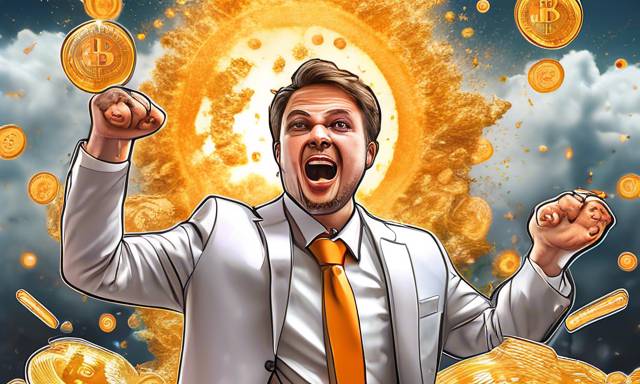
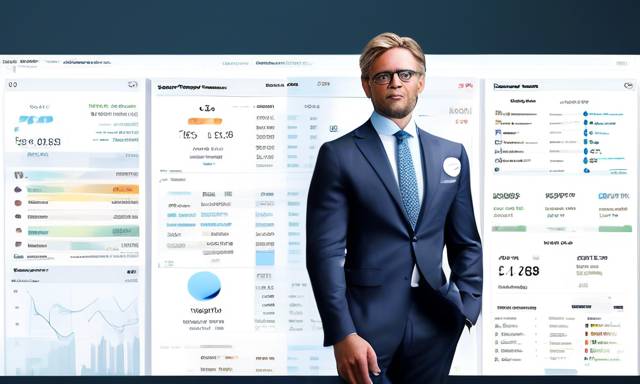

 By
By
 By
By
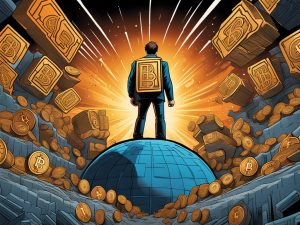
 By
By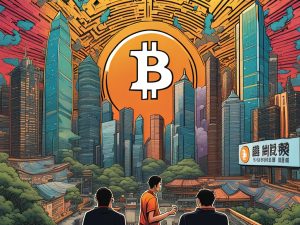
 By
By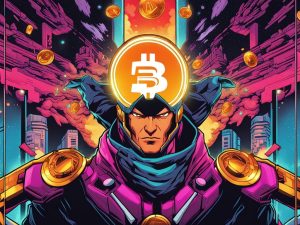
 By
By